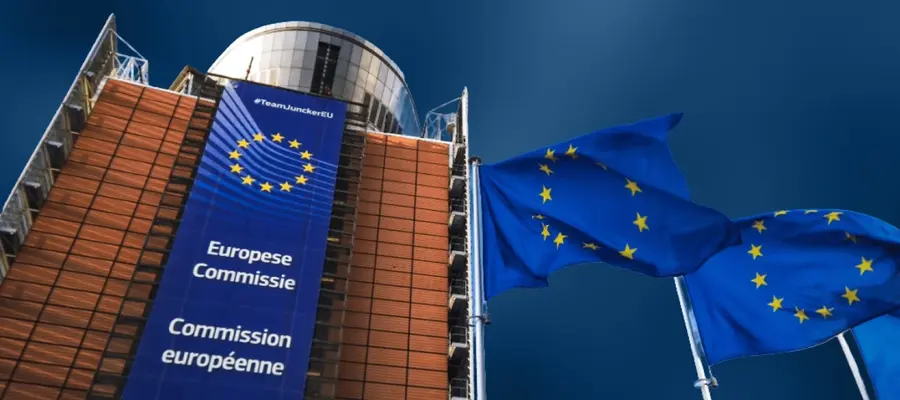
On November 4, 2025, the European Commission published the report on Ukraine’s progress within the framework of the 2025 EU enlargement package, which provides a detailed assessment of Ukraine’s progress on its path toward European Union membership and outlines key recommendations for further advancement of European integration.
The European Commission expects Ukraine to move from ad hoc decisions toward a systematic, gradual, and proactive anti-corruption policy to be implemented through comprehensive strategic documents that will contribute to sustainable development. In this regard, among Ukraine’s main priorities are ensuring the proper implementation of the Anti-Corruption Strategy for 2021–2025 and the State Anti-Corruption Program for 2023–2025. A key challenge for the upcoming period is the transparent and inclusive development and approval of the Anti-Corruption Strategy and State Anti-Corruption Program for 2026–2030.
The European Commission also identified the main directions for further improving Ukraine’s legal framework in the field of combating corruption and ensuring full alignment with EU legislation. In particular, Ukraine should:
- introduce amendments to the Criminal Procedure Code of Ukraine aimed at preventing abuse of procedural rights by participants in criminal proceedings;
- expand the circle of declarants;
- and continue aligning its legislation on whistleblower protection with the requirements of Directive (EU) 2019/1937 of the European Parliament and of the Council of 23 October 2019 on the protection of persons who report breaches of Union law.
The Report notes that the institutional framework for combating corruption in Ukraine has remained generally effective, and specialized anti-corruption institutions have been functioning efficiently. The European Commission emphasizes the need to preserve the institutional capacity of the anti-corruption infrastructure by ensuring appropriate guarantees of independence and a competitive level of remuneration.
Among other recommendations, the European Commission proposes to:
- increase the number of judges and administrative staff of the High Anti-Corruption Court (HACC) and ensure that the court has a permanent facility;
- continue taking measures to further improve the outcomes of corruption investigations, including the arrest and confiscation of criminal assets, focusing on high-level officials and high-profile cases;
- ensure that the National Anti-Corruption Bureau of Ukraine (NABU) has access to timely and impartial forensic examinations and independent wiretapping, among others.
The EU recommendations provide clear benchmarks for further reforms. Their effective implementation will determine not only the overall pace of Ukraine’s European integration but also the effectiveness of its anti-corruption policy.
The NACP will make every effort to implement a systemic and comprehensive approach to preventing and combating corruption, focusing on strategic decision-making and the implementation of consistent rather than fragmented reforms.
The full text of the report in English is available at the link.
Background on the enlargement package
Each year, the European Commission adopts the enlargement package. Its core element is the enlargement communication, which analyzes developments over the past year. It examines the progress made by candidate and potential candidate countries, the challenges they have faced, and the reforms required, as well as outlines proposals for further action.
The package also includes country reports, in which the Commission’s services present their detailed annual assessment of the state of reforms in each candidate and potential candidate country over the past year. These assessments are accompanied by recommendations and guidance on priority reform areas.
The 2025 enlargement package report includes assessments of Ukraine’s progress across all negotiation chapters, including Chapter 23 “Judiciary and Fundamental Rights”, which encompasses the “fight against corruption” component.



